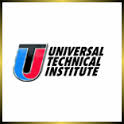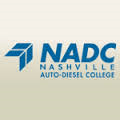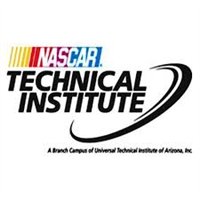What do they do?
Inspect and monitor transportation equipment, vehicles, or systems to ensure compliance with regulations and safety standards.
Also known as:
Car Inspector, Carman, Emissions Inspector, Inspection Technician, Inspector, Quality Assurance Inspector, Railroad Car Inspector, Railroad Track Inspector, Safety Inspector, Safety Officer, Smog Technician, Track Inspector, Transit Vehicle Inspector, Vehicle Inspector
-
0%
Change
Ranks #53 in job growth rate50Job Openings
Ranks #17 in net job growth
Colleges with the most graduates that become Transportation Vehicle, Equipment and Systems Inspectors, Except Aviation
Looking for colleges that offer a specific major? Use the College Match Tool to find your best-matched schools and discover your estimated Net Price!
- Some college, no degree (33%)
- High school diploma equivalent (27%)
- Bachelor's degree (16%)
- Associate's degree (15%)
- Less than high school diploma (5%)
- Master's degree (3%)
- Doctorate or Professional Degree (1%)
People in this career often have talent in:
- Near Vision - The ability to see details at close range (within a few feet of the observer).
- Problem Sensitivity - The ability to tell when something is wrong or is likely to go wrong. It does not involve solving the problem, only recognizing that there is a problem.
- Oral Comprehension - The ability to listen to and understand information and ideas presented through spoken words and sentences.
People in this career often do these activities:
- Inspect motor vehicles.
- Test materials, solutions, or samples.
- Prepare accident or incident reports.
- Monitor equipment gauges or displays to ensure proper operation.
- Recommend changes or corrective procedures.
- Evaluate new technologies or methods.
- Resolve issues affecting transportation operations.
- Investigate transportation incidents, violations, or complaints.
- Communicate with government agencies.
- Review documents or materials for compliance with policies or regulations.
- Connect cables or electrical lines.
This page includes data from:

 Occupation statistics: USDOL U.S. Bureau of Labor Statistics Occupational Employment Statistics
Occupation statistics: USDOL U.S. Bureau of Labor Statistics Occupational Employment Statistics
 Videos: CareerOneStop, USDOL/ETA and the Minnesota Department of Employment & Economic Development
Videos: CareerOneStop, USDOL/ETA and the Minnesota Department of Employment & Economic Development








